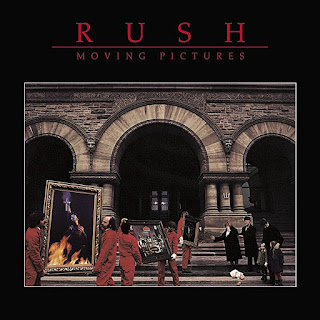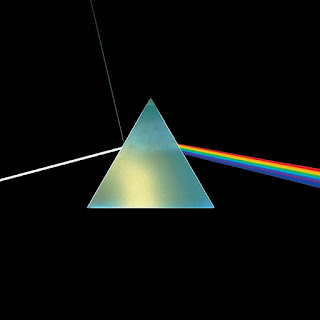"You Make Loving Fun" is a song written and sung by Christine McVie of the British-American band Fleetwood Mac. It was released as the fourth and final 45 rpm single from the band's album Rumours in 1977; its fourth top-ten hit, the song peaked at number nine on the Billboard Pop Singles Chart.
The song was inspired by an affair McVie had with Curry Grant. "To avoid flare-ups", she told her then-husband John McVie that the song was about her dog; he found out later what it was really about.
repeat
repeat_one
shuffle
skip_previous
play_circle_filled
pause_circle_filled
skip_next
volume_up
repeat_one
shuffle
skip_previous
play_circle_filled
pause_circle_filled
skip_next
volume_up
Early tracking of the song was done, according to McVie, in the absence of Lindsey Buckingham, which allowed her the freedom to "build the song on my own". The recording sessions were saturated with cocaine use. Buckingham played rhythm guitar (through a Leslie) and tracking was done with a Fender Rhodes, Nicks playing tambourine. John McVie's bass was rerecorded again later, and Mick Fleetwood and Christine McVie dubbed Hohner Clavinet parts. In an interview with the New York Post she remarked that she wanted it to be the third US single from the album, but instead "Don't Stop" was chosen, which boosted the album's commercial success in the US and the UK.
"You Make Loving Fun" was a concert staple for Fleetwood Mac and was played during every tour involving Christine McVie from 1976 until 1997, a year before McVie's departure from the band and retirement from touring. It has since been revived for Fleetwood Mac's 2014-2015 tour when McVie rejoined the band.












